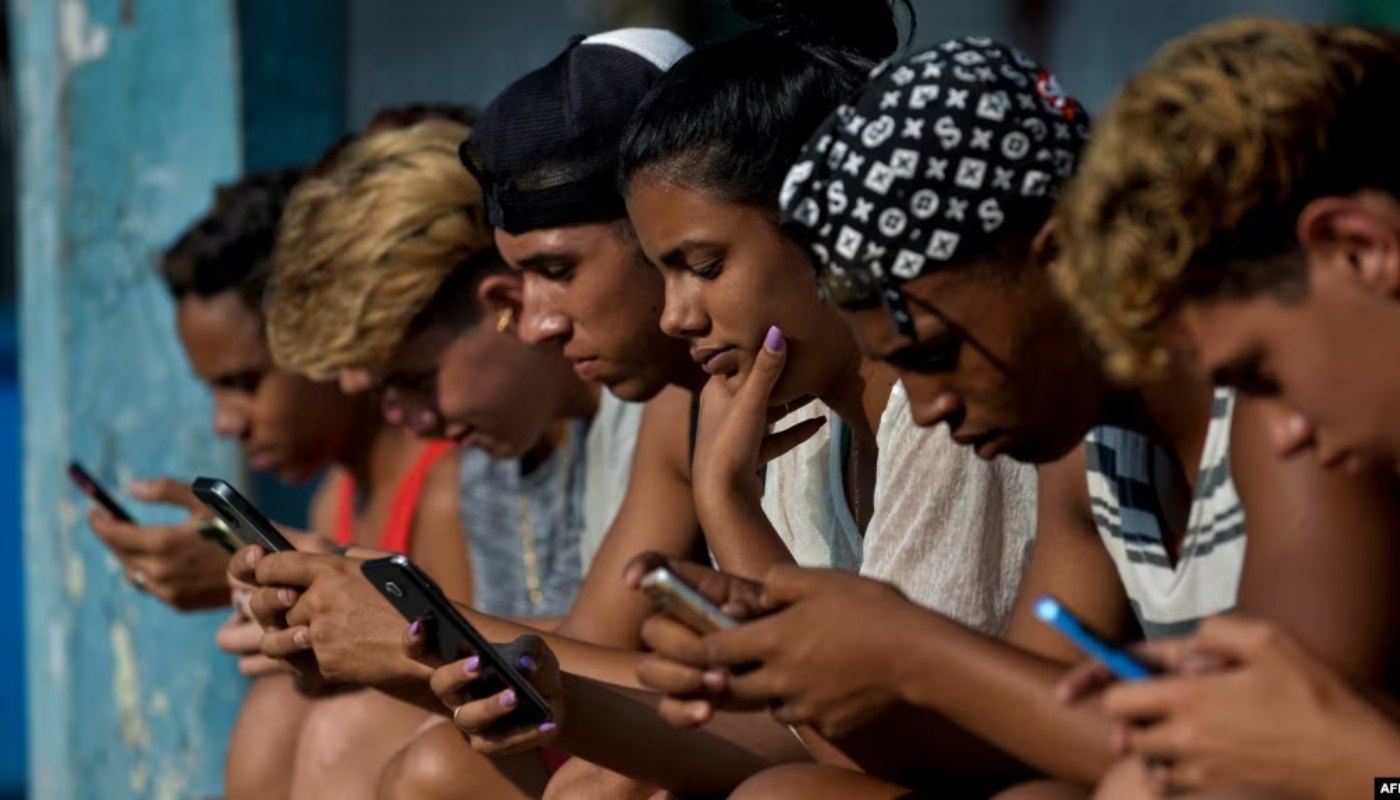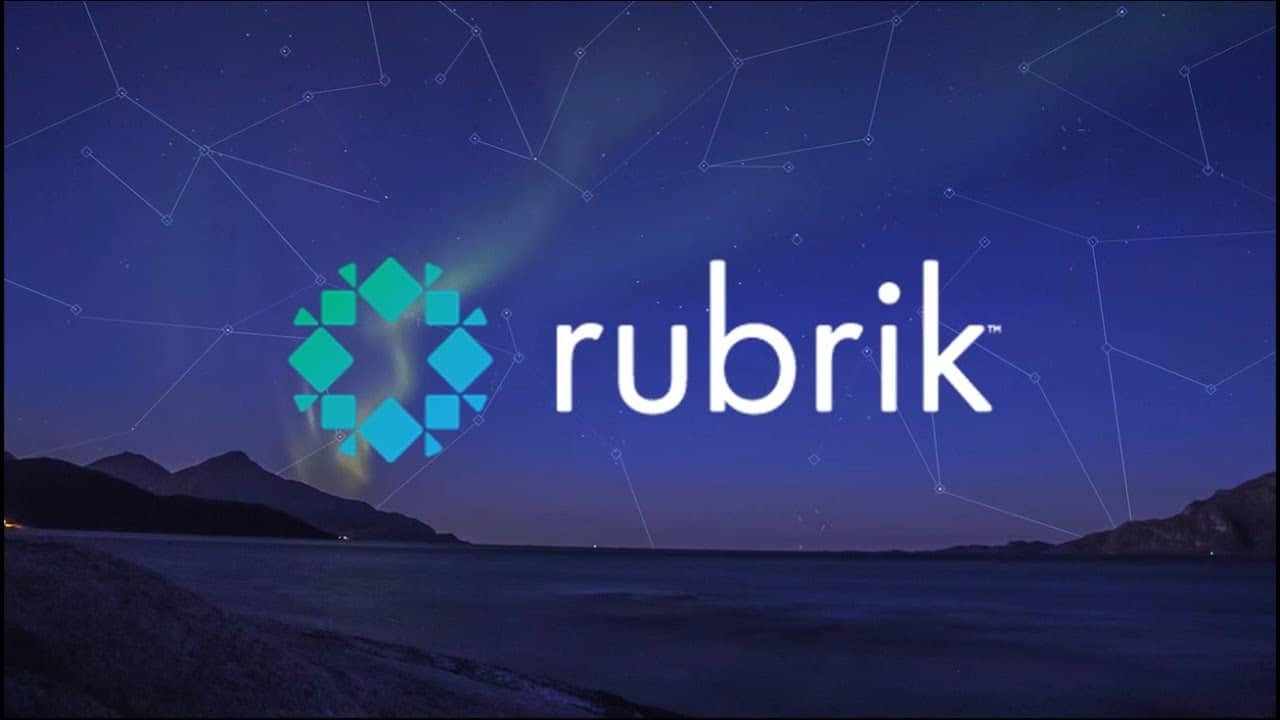Security
NSP and social cohesion

PAKISTAN is perhaps the first South Asian country that has now a comprehensive national security doctrine in a documented form. The country’s friends and foes can interpret it in their own way and engage with the state accordingly. But why has Pakistan chosen to put together pieces of its security approaches in the first place?
For some, the doctrine was needed to remove the persisting ambiguities between the internal and external security paradigms which had emerged after 9/11. While the security institutions were struggling to precisely visualise the terrorism threat, which was internal, such ambiguities had also been harming the country’s conventional strategic vision. Others believe that Pakistan needed to understand and define its place in the changing world order, specifically in the context of America’s shifting priorities, which compelled Pakistan to become a proactive member of the Belt and Road Initiative club. This has not been an easy transition and a major segment of the country’s power elite still believes that hiccups in Pakistan-US relations are temporary and that Islamabad can maintain a fine balance in its relationships with the US and China.
The growing economic challenge has been another nightmare for the establishment, and lies at the heart of the National Security Policy. However, the NSP reflects a much deeper issue and is linked with the identity of the state and maintaining cohesion in society. The state has been using religion to create nationalism in the country but at a very high cost. Religiously inspired actors have used the same religious-ideological arguments against the state and damaged the country by promoting sectarianism and extremist narratives, which have not only weakened communal and sectarian harmony and social cohesion, but have also fed into terrorism.
Over the last two decades, state institutions have made multiple moves to fix the issue of religiously motivated terrorism and extremism. Their attempts have included the National Action Plan, Paigham-i-Pakistan, the National Internal Security Policy and the Counter Violent Extremism Policy. A large part of the emphasis has been on bringing in religious actors as the key agents of desired change. The state remains reluctant to find an alternative source of social and national cohesion and feels threatened by the presence of sub-nationalist cultures and sentiments in parts of the country. So, it appears convinced that only a religious narrative could work towards harmonising society. Even in the introduction of the NSP, the prime minister has adopted a religious tone to endorse the policy document.
Political parties and most parliamentarians do not touch any issue with the tag of ‘security’.
It is interesting that while state institutions usually keep a distance from the critical mass of the country, the policy draft has borrowed all ideas and terminology used in the latter’s intellectual discourse — mainly ‘inclusivity’ and ‘diversity’. For instance, in the section on national cohesion, the policy draft reads like this: “It is imperative that we reinforce our coherent national identity based on the principle of unity in diversity.” However, in the next line, there is an expression of fear of external forces which are exploiting the fault lines that exist in society. Notwithstanding the fear behind the notion of ‘unity in diversity’, this is a positive development. But how will the state institution translate it into action? Through changes in the curriculum as mentioned in the NSP? But what is the state doing to bring changes in the curriculum in the first place? The major objection to the Single National Curriculum is that it promotes exclusivity. It is not clear that the state institutions will engage society from whom they have borrowed the terms. Traditionally, their allies for sociopolitical and ideological engineering remained the religious groups from the time of the Afghan jihad to preaching Paigham-i-Pakistan.
It is not certain how NSP will help in addressing the identity crisis in the country when the predominant approach of achieving social and national cohesion is to reduce the space for sub-nationalist movements. Apparently, ‘cohesion’ has been used as an alternative term for engagement. The state is using the engagement strategy for religiously inspired actors and cohesion for subnational movements. However, the unclassified NSP document does not help us understand how the cohesion process will be initiated. Will it be a coercive or dialogue-based process?
The NSP identifies the religiously inspired extremist groups and sub-nationalist movements as the key internal security challenges. As per practice, the state spectrum of threat includes other segments of society in this domain as well, which sympathise with any group or movement or raise their voice over state action and policy. The state institutions think in black and white and want to curb all threats with full impunity and without any accountability. They lack the ability to identify the grey areas and it is even harder for them to evolve the policy framework around it.
Parliament can do this job to clearly identify the grey areas, the grievances of the people, and the dynamics which can develop cohesion so that miscreants and irritants can be isolated. Parliament and civilian governments have done this job and developed all instruments and institutions for fixing the issues, including the economic and political grievances of the federating units. But the issue as always remains implementation and the executive remains bound to its commitment to the establishment rather than operationalising trust. Obviously, the executive derives its strength from the establishment rather than from dialogue with dissenters.
Over time, the word ‘security’, has become very sensitive. Political parties and most parliamentarians do not touch any issue with the tag of ‘security’. They think this is the exclusive domain of security institutions and their job is only to endorse whatever policy is coming from the establishment. If the NSP is presented in parliament, it will be endorsed very easily. Parliament is sovereign but it should be truly independent, and all political parties must play a role to make it the country’s supreme institution. Nothing can guarantee a cohesive Pakistan more than a vibrant parliament.
Via Dawn.com
Discover more from The Monitor
Subscribe to get the latest posts sent to your email.
Analysis
Brown University Shooting Sparks Renewed Manhunt After Suspect Released

Providence, R.I. — The tranquil campus of Brown University was shattered this weekend by a deadly shooting that left two students dead and nine others wounded during final exams. As the community reels from the violence, authorities have reset their manhunt after releasing a previously detained person of interest, citing new evidence that “points in a different direction”.
The shooting occurred Saturday afternoon inside the Barus & Holley engineering building, a hub of student activity and academic rigor. Witnesses described chaos erupting as gunfire rang out during a packed exam session. One student, still visibly shaken, told reporters, “We were just trying to finish our semester. Then everything changed in seconds.”
Table of Contents
A Campus in Mourning
Brown University President Christina Paxson issued a statement calling the attack “an unspeakable tragedy,” and announced that classes and exams would be suspended for the week. Vigils have sprung up across campus, with students lighting candles and leaving handwritten notes outside the building where the shooting occurred.
“This is not just a university story,” said Rhode Island Governor Daniel McKee. “This is a story about young lives cut short, families devastated, and a community that deserves answers”.
The Search Intensifies
On Monday, Providence Police released new surveillance footage showing a masked individual dressed in black walking near the scene shortly before the attack. The FBI has joined the investigation, offering a $50,000 reward for information leading to the arrest and conviction of the suspect, described as a male approximately 5’8″ with a stocky build.
“This individual definitely targeted Brown University,” said Chief Colonel Oscar L. Perez, Jr. at a press conference. “We are exploring all possible motives, but this was not random”.
The suspect remains at large, and the search has expanded beyond Providence into neighboring states. Federal agents have been deployed to canvass neighborhoods, analyze digital evidence, and follow up on community tips.
A Community Demands Justice
The release of the initial detainee has sparked frustration among students and families, many of whom are demanding transparency and swift justice. “We want to see the individual that pulled the trigger on these young kids apprehended, identified and brought to justice,” said Governor McKee.
Brown University has set up emergency counseling services and a dedicated hotline for students and staff affected by the tragedy. Meanwhile, the broader academic community is grappling with the implications of violence in spaces meant for learning and growth.
What Comes Next
As the investigation unfolds, questions linger: Was this an isolated act or part of a broader threat? What security lapses allowed the gunman to enter a campus building undetected? And how will Brown—and universities nationwide—respond to the growing specter of campus violence?
For now, Providence remains on edge. Helicopters circle overhead, police checkpoints dot the city, and a once-quiet Ivy League campus finds itself at the center of a national reckoning.
Discover more from The Monitor
Subscribe to get the latest posts sent to your email.
Internet
Report: Cuba Implements Internet Cuts and Journalist Surveillance

A recent report reveals that Cuba has cut off internet access and is actively surveilling journalists. The rise of email access in Cuba has been slow, but it has been a boon for Cuban journalists outside of the country. However, the recent internet restrictions have made it difficult for journalists to report on current events in Cuba.

The Internet restrictions in Cuba have been in place for some time, but they have become even more severe in recent years. On July 12, 2024, Netblocks reported that the Cuban government had cut off access to information about the protests. This has made it difficult for journalists to report on the protests and has limited the flow of information to the outside world.
Table of Contents
Key Takeaways
- Cuba has cut off internet access and is actively surveilling journalists.
- The internet restrictions in Cuba have made it difficult for journalists to report on current events in the country.
- The Cuban government’s actions have limited the flow of information to the outside world.
Overview of Internet Restrictions

Government Statement
The Cuban government has been known to restrict internet access to its citizens. In 2019, the Cuban government released a statement claiming that it would provide internet access to all citizens by 2020. However, as of 2024, internet access remains limited and heavily monitored by the government.
The government has been known to block access to certain websites and social media platforms and to surveil and punish individuals who express dissenting opinions online. The government has also been known to cut off internet access entirely during times of political unrest.
Internet Accessibility Impact
The limitations on internet access in Cuba have had a significant impact on the country’s economy and society. Businesses, particularly those in the technology and tourism sectors, have struggled to operate without reliable internet access. Additionally, the restrictions on internet access have limited the ability of Cuban citizens to access information and communicate with the outside world.
Despite the government’s promise to provide internet access to all citizens, the limitations on internet access in Cuba continue to be a significant issue. The government’s tight control over internet access has limited freedom of expression and hindered economic development.
Surveillance of Journalists

Surveillance Tactics
According to a report, Cuba has been cutting off the internet and surveilling journalists. The government is using surveillance tactics to monitor and control the flow of information in the country. The report suggests that the Cuban government is using various tactics to keep an eye on journalists, including:
- Blocking websites: The Cuban government is blocking access to websites that are critical of the government. This includes websites that are run by journalists and news organizations.
- Monitoring online activity: The Cuban government is monitoring the online activity of journalists. This includes monitoring their social media profiles, emails, and other online communications.
- Physical surveillance: The Cuban government is also using physical surveillance to monitor journalists. This includes following them, watching their homes, and listening in on their conversations.
These tactics are being used to silence journalists and control the flow of information in the country.
Reactions from Media Organizations
The report has sparked outrage from media organizations around the world. Many organizations have condemned the Cuban government for its actions and have called for the government to stop its surveillance of journalists.
Reporters Without Borders, an international organization that advocates for press freedom, has called on the Cuban government to stop its surveillance of journalists. The organization has also called on the international community to put pressure on the Cuban government to respect press freedom.
The Committee to Protect Journalists has also condemned the Cuban government’s actions. The organization has called on the Cuban government to stop its surveillance of journalists and to respect press freedom.
International Response

Global Condemnation
The international community has strongly condemned Cuba’s decision to cut internet access and surveil journalists. The Inter-American Commission on Human Rights (IACHR) expressed its concern over the situation and called on the Cuban government to respect freedom of expression and the right to access information. The IACHR also urged the government to release all individuals who have been detained for exercising their right to freedom of expression.
The United Nations (UN) also issued a statement expressing its concern over the situation in Cuba. The UN Special Rapporteur on the promotion and protection of the right to freedom of opinion and expression, Frank La Rue, called on the Cuban government to restore internet access and to respect the rights of journalists. La Rue also urged the government to release all individuals who have been detained for expressing their opinions.
Human Rights Advocacy
Human rights organizations have also condemned Cuba’s actions. Amnesty International issued a statement calling on the Cuban government to immediately restore internet access and to release all individuals who have been detained for exercising their right to freedom of expression. Reporters Without Borders (RSF) also expressed its concern over the situation and called on the international community to put pressure on the Cuban government to respect the rights of journalists.
In addition, the Committee to Protect Journalists (CPJ) condemned Cuba’s actions and called on the government to immediately restore internet access and to release all journalists who have been detained. The CPJ also called on the international community to hold the Cuban government accountable for its actions.
Frequently Asked Questions

What measures has the Cuban government taken to limit internet access?
The Cuban government has implemented various measures to limit internet access for its citizens. The government has restricted access to the internet by implementing a state-controlled internet service provider, ETECSA, which has a monopoly on internet services in the country. The government has also limited access to certain websites and social media platforms that are deemed critical of the government or that promote dissent. In addition, the government has made it difficult for citizens to access the Internet by keeping the cost of Internet services prohibitively high.
How are journalists monitored in Cuba?
Journalists in Cuba are closely monitored by the government. The government controls all media outlets in the country and has strict regulations in place to prevent journalists from reporting on topics that are critical of the government. Journalists who report on sensitive topics are often subjected to harassment, intimidation, and arrest. The government also monitors journalists’ communications and internet activity to prevent them from accessing information that is critical of the government.
What are the restrictions for foreign journalists reporting from Cuba?
Foreign journalists reporting from Cuba are subject to strict regulations and restrictions. The government requires foreign journalists to obtain a special visa and accreditation before they can report from the country. The government also controls the content of foreign media outlets and has the power to censor any content that is deemed critical of the government.
In what ways does the Cuban government censor information?
The Cuban government censors information in a variety of ways. The government controls all media outlets in the country and has strict regulations in place to prevent journalists from reporting on topics that are critical of the government. The government also limits access to certain websites and social media platforms that are deemed critical of the government or that promote dissent. In addition, the government has made it difficult for citizens to access the Internet by keeping the cost of Internet services prohibitively high.
How does media control manifest in Cuba?
Media control in Cuba is manifested through the government’s strict regulations and restrictions on media outlets and journalists. The government controls all media outlets in the country and has the power to censor any content that is deemed critical of the government. The government also monitors journalists’ communications and internet activity to prevent them from accessing information that is critical of the government.
What legal protections do journalists have in Cuba?
Journalists in Cuba have limited legal protections. The government has strict regulations in place to prevent journalists from reporting on topics that are critical of the government. Journalists who report on sensitive topics are often subjected to harassment, intimidation, and arrest. The government also controls all media outlets in the country, which limits the ability of journalists to report on topics that are critical of the government.
Discover more from The Monitor
Subscribe to get the latest posts sent to your email.
Digital
Rubrik: Your One-Stop Shop for Protecting Your Amazon S3 Data

Rubrik, a cloud data management company, has announced its support for Amazon S3 Object Lock at AWS. This new feature provides a write-once-read-many (WORM) model for data in S3 to help further secure customers against ransomware and to prevent objects from being deleted or overwritten for the duration of a customer-defined retention period 3. Rubrik customers can now utilize Rubrik Zero Trust Data Security with Amazon S3 as an immutable archive, ensuring long-term backups are kept on a reliable storage service to quickly recover from ransomware attacks 3.
Rubrik Security Cloud provides unified protection of all S3 data across all AWS accounts, and much like with Aurora, the ability to assign SLA Domains to either an entire account or across all onboarded accounts. You will also be able to leverage continuous backup for point-in-time, cost-effective protection of both S3 and Aurora 4.
Rubrik’s CloudOut capability allows customers to archive backup data to a public cloud service provider. The required design elements for a CloudOut solution include an IAM User, policies limiting access, data encryption keys, an Amazon S3 bucket, and a Rubrik cluster 1.
Rubrik’s support for Amazon S3 Object Lock at AWS is a significant step towards providing customers with a secure and reliable storage service. With this new feature, Rubrik customers can rest assured that their data is protected against ransomware and other cyber threats.
Rubrik’s support for Amazon S3 Object Lock at AWS is a significant step towards providing customers with a secure and reliable storage service. With this new feature, Rubrik customers can rest assured that their data is protected against ransomware and other cyber threats. The new feature provides a write-once-read-many (WORM) model for data in S3 to help further secure customers against ransomware and to prevent objects from being deleted or overwritten for the duration of a customer-defined retention period. Rubrik customers can now utilize Rubrik Zero Trust Data Security with Amazon S3 as an immutable archive, ensuring long term backups are kept on a reliable storage service to quickly recover from ransomware attacks.
Rubrik Security Cloud provides unified protection of all S3 data across all AWS accounts, and much like with Aurora, the ability to assign SLA Domains to either an entire account or across all onboarded accounts. You will also be able to leverage continuous backup for point-in-time, cost-effective protection of both S3 and Aurora. Rubrik’s CloudOut capability allows customers to archive backup data to a public cloud service provider. The required design elements for a CloudOut solution include an IAM User, policies limiting access, data encryption keys, an Amazon S3 bucket, and a Rubrik cluster.
Rubrik’s support for Amazon S3 Object Lock at AWS is a significant step towards providing customers with a secure and reliable storage service. With this new feature, Rubrik customers can rest assured that their data is protected against ransomware and other cyber threats. The new feature provides a write-once-read-many (WORM) model for data in S3 to help further secure customers against ransomware and to prevent objects from being deleted or overwritten for the duration of a customer-defined retention period. Rubrik customers can now utilize Rubrik Zero Trust Data Security with Amazon S3 as an immutable archive, ensuring long-term backups are kept on a reliable storage service to quickly recover from ransomware attacks.
Rubrik Security Cloud provides unified protection of all S3 data across all AWS accounts, and much like with Aurora, the ability to assign SLA Domains to either an entire account or across all onboarded accounts. You will also be able to leverage continuous backup for point-in-time, cost-effective protection of both S3 and Aurora. Rubrik’s CloudOut capability allows customers to archive backup data to a public cloud service provider. The required design elements for a CloudOut solution include an IAM User, policies limiting access, data encryption keys, an Amazon S3 bucket, and a Rubrik cluster.
Discover more from The Monitor
Subscribe to get the latest posts sent to your email.
-

 Featured5 years ago
Featured5 years agoThe Right-Wing Politics in United States & The Capitol Hill Mayhem
-

 News4 years ago
News4 years agoPrioritizing health & education most effective way to improve socio-economic status: President
-

 China5 years ago
China5 years agoCoronavirus Pandemic and Global Response
-

 Canada5 years ago
Canada5 years agoSocio-Economic Implications of Canadian Border Closure With U.S
-

 Democracy5 years ago
Democracy5 years agoMissing You! SPSC
-

 Conflict5 years ago
Conflict5 years agoKashmir Lockdown, UNGA & Thereafter
-

 Democracy5 years ago
Democracy5 years agoPresident Dr Arif Alvi Confers Civil Awards on Independence Day
-

 Digital5 years ago
Digital5 years agoPakistan Moves Closer to Train One Million Youth with Digital Skills
















